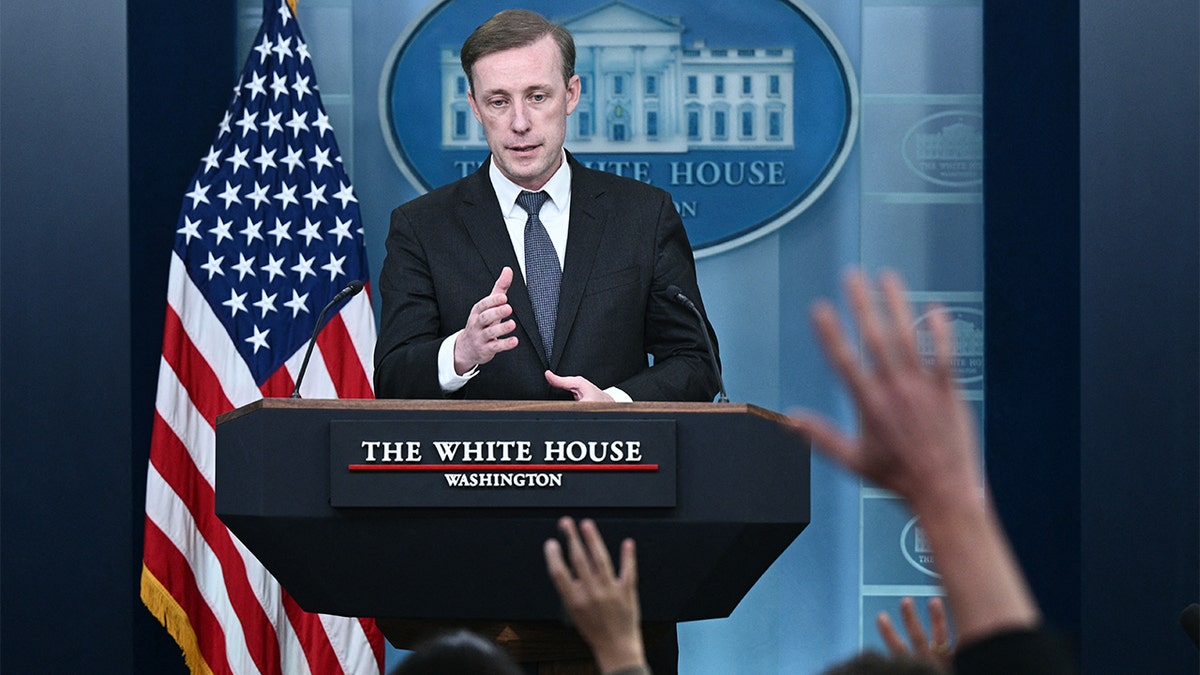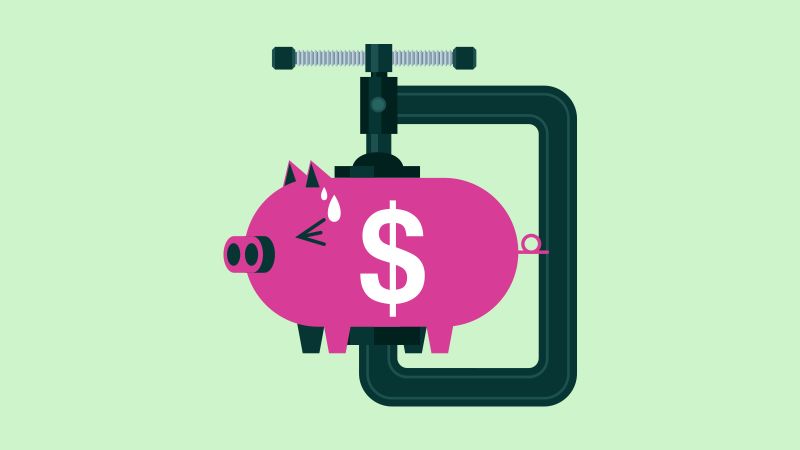Like every athletic endeavor, running is complicated. We’re not all professional athletes, with every minute dedicated to improving and preserving our physical performance. We have small children and dogs and sometimes don’t get a lot of sleep. We have work schedules and sometimes drink alcohol and squeeze in a run before lunch. Everything can interfere with our training plans.
Even on an extremely granular level, heart rate training can go wildly awry. High temperatures, stress at work, or even the wrong song on my playlist can make my heart rate spike. Training via tracking your heart rate (also called “zone training,” which refers to different heart rate zones) is universally popular, but it’s also tricky. As Baker pointed out, even stressing about being in the wrong heart rate zone can spike you out of the right one.
I asked Baker if the Pixel Watch 3 had perhaps picked up on indicators that I’d been overtraining, and that’s why it had recommended extremely slow runs. “Possibly,” she said, dubiously. “If you’re not feeling hungry, or you’re lethargic, or you’ve lost your period—those are all signs of overtraining. But recreational runners don’t really overtrain unless something is really wrong.”
That was two weeks of wasted training. I had been running my fast runs at a barely-jogging 14-minute pace when I should’ve been running my tempo intervals at an 8-minute pace—something I probably would’ve done if Fitbit hadn’t been telling me otherwise. I can build custom runs in the app, but I wish it was easier to plug in my desired pace into Fitbit’s suggested workouts rather than build runs from scratch. After all, the point is that the AI coach makes running easier, not harder.
At this point, as with most things AI-related, the AI coach is more of a fun toy than anything else. It gave me structure and motivation. But it’s very easy to be led astray. “It’s another tool that people have in their toolbox, and that’s great!” Baker says. “But now you’ve been playing with a computer and you’re confused. It’s a good starting point, but maybe you should also consult a professional.” Good news for us all—artificial intelligence won’t replace human coaches yet. It still takes another human to point out that maybe all you needed was a nap and a snack.

























































